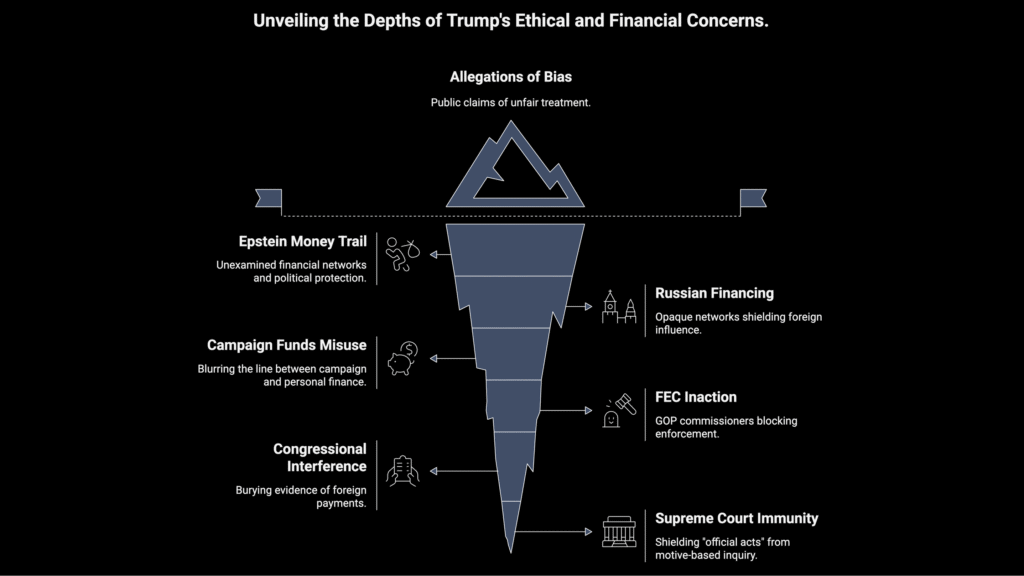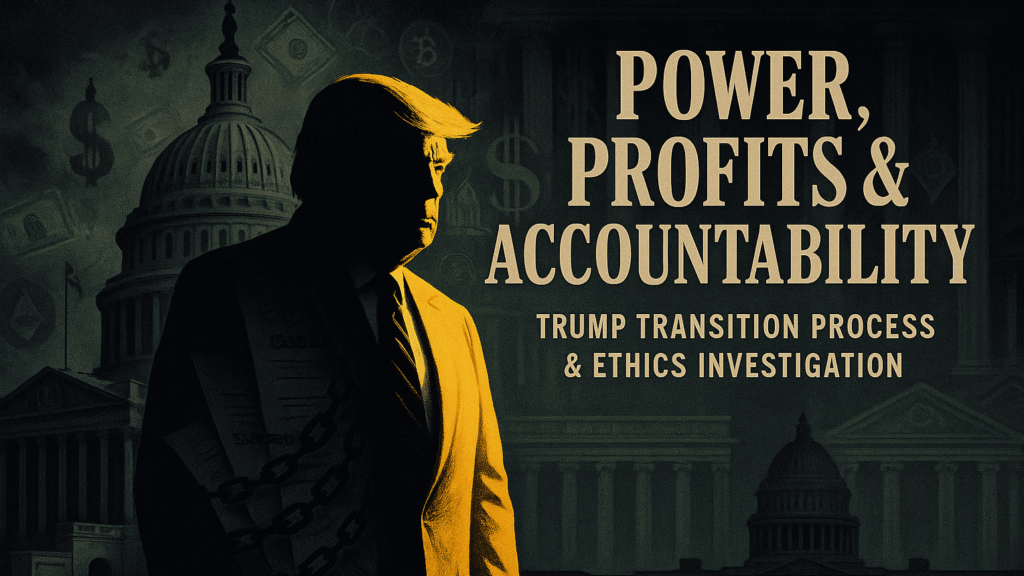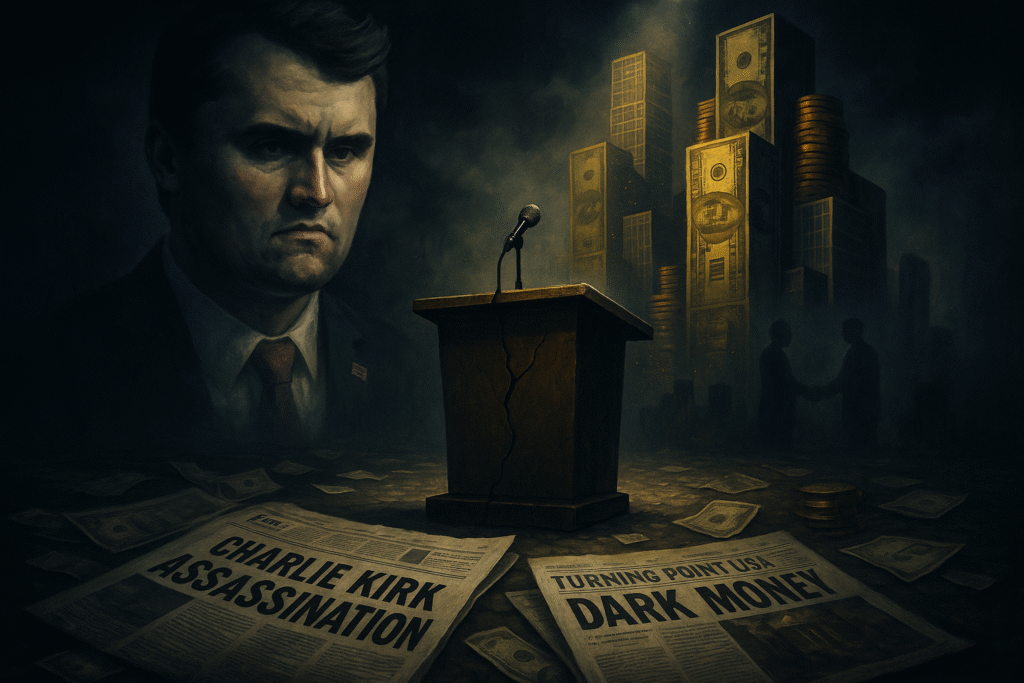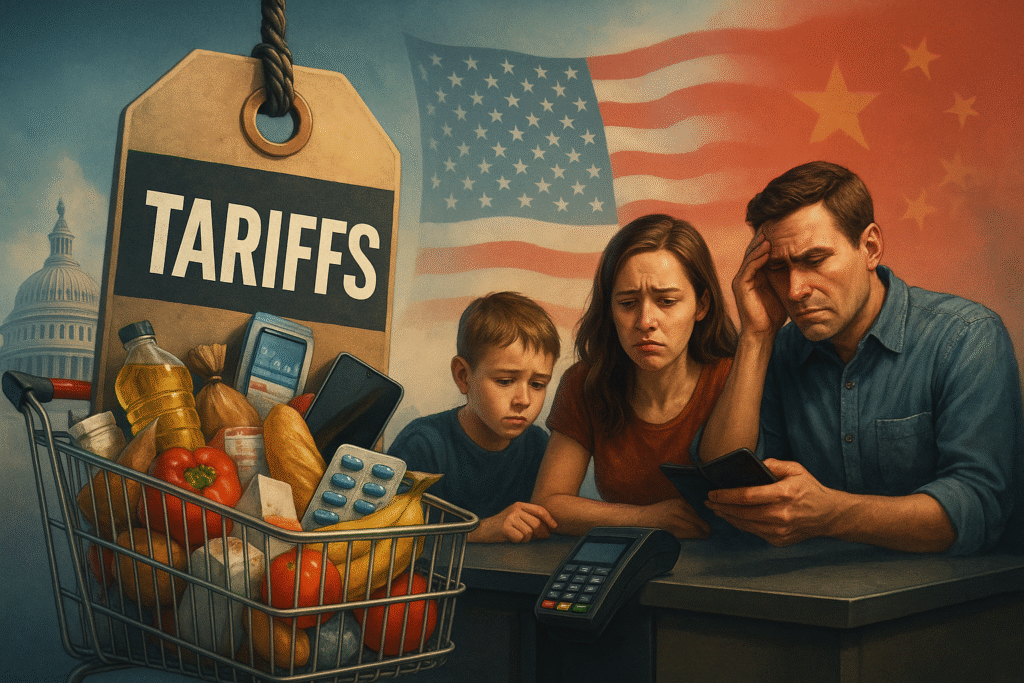The corridors of power are rarely transparent. They are shaped by promises made in public, deals struck in private, and the often uneasy marriage between law, politics, and money. Few figures embody this contradiction more than Donald Trump. From the Trump transition process to the ongoing Trump ethics investigation, the clash between stated principles and reported practices has produced a tangled narrative of contradictions, hidden wealth, and alleged bias that continues to shape American governance.
Legal Limits: The Supreme Court and Presidential Immunity
At the heart of this legal saga is the Supreme Court’s 2024 ruling in 23-939 Trump v. United States. The case asked: how far does immunity stretch for a former president accused of criminal acts committed while in office?
The Justices ruled that determining whether Trump’s January 6th communications — from tweets to his rally speech — counted as “official conduct” required detailed, fact-specific analysis. They prohibited courts from questioning presidential motives, warning such inquiries could expose even legitimate actions to judicial second-guessing.
Dissenting justices condemned this reasoning. Justice Sotomayor argued that granting such broad immunity lets presidents “break the law with impunity.” Justice Jackson warned the Court’s new model could allow even a president who instigates a coup or orders assassinations to claim protection.
This decision reframes accountability for the highest office — and directly influences how the Trump ethics investigation will play out in the lower courts.
Contradictions in Wealth, Policy, and Testimony
The narrative surrounding Trump is riddled with contradictions — often between his rhetoric and his reported financial or political conduct.
Crypto Fortunes vs. Public Policy
Reports suggest the Trump family reaped billions in crypto profits while regulators under his administration allegedly shifted policies that favored the industry. Critics describe this as potentially “the greatest corruption in presidential history.” The overlap between personal wealth and public decision-making fuels ongoing scrutiny in the Trump ethics investigation.
Legislative Shifts
The “Crypto GENIUS Act” saw lawmakers initially supporting, then later blocking it over “outstanding issues.” Was this genuine concern or political maneuvering influenced by financial pressure? This ambiguity underscores the difficulty of separating public duty from private interest.
The Trump Organization’s Inflated Valuations
The New York civil fraud trial revealed stark contradictions in sworn testimony. Trump’s longtime CFO Allen Weisselberg pleaded guilty to perjury after denying knowledge of inflated property valuations. Michael Cohen testified that Trump directed asset numbers to be “reverse engineered” to meet his personal expectations. Meanwhile, Eric Trump invoked the Fifth Amendment more than 500 times in a single deposition. Together, these revelations challenge claims of transparency and honesty within Trump’s financial empire.
Defense Spending vs. Luxury Upgrades
The Air Force’s Sentinel ICBM program ballooned 37% over budget, only for nearly $1 billion to be diverted toward retrofitting a private jet for Trump’s use as Air Force One. The contradiction between national security rhetoric and private luxury underscores the blurred line between governance and personal benefit.
Hypocrisy: “Drain the Swamp” Meets Pay-for-Play
Trump’s 2016 campaign promise to “drain the swamp” has clashed with allegations of a pay-for-play presidency. Reports of $5 million-per-plate dinners, jobs for donors, and foreign payments to Trump businesses suggest the opposite of reform.
A House Oversight report found Trump pocketed at least $7.8 million from foreign governments during his presidency, in likely violation of the Constitution’s Emoluments Clause. Representative Jamie Raskin emphasized that this figure covers only a fraction of his businesses, suggesting the true scale is far greater.
The Trump transition process reflected similar opacity. Despite Office of Government Ethics guidelines, Trump kept donor lists secret while his team collected $6.5 million in private funds. The Government Accountability Office later reported difficulty obtaining cooperation from top transition officials — an early red flag that transparency would not be a defining feature of this presidency.
Following the Money
Investigators have long traced Trump-related financial networks spanning crypto, Russia, and campaign funding.
The Epstein Files
Senators have pointed to White House records of a $1.5 billion “Epstein money trail,” raising questions about unexamined financial networks and political protection. The abrupt shutdown of earlier probes only intensifies demands for transparency.
Russian Financing
Former MI6 chief Richard Dearlove alleged that Trump relied on Russian loans after the 2008 financial crash, when Western lenders backed away. Shell companies — long a staple of Trump allies like Wilbur Ross — complicate tracing these funds, creating opaque networks that shield foreign influence from oversight.
Campaign Funds as Legal Shields
Trump’s fundraising machine has funneled donations toward JD Vance’s political committee, signaling succession planning. Meanwhile, the RNC agreed to cover millions in Trump’s personal legal expenses, including cases predating his presidency. Such use of political money raises red flags in the ongoing Trump ethics investigation, where the line between campaign and personal finance is already blurred.

Bias and the Perception of Justice
Trump and his allies frequently allege bias in investigations and trials.
In the New York fraud case, Judge Arthur Engoron dismissed claims that Attorney General Letitia James’ political stance invalidated the case. Trump’s repeated public attacks on court staff prompted gag orders and fines, feeding his narrative of persecution.
The Federal Election Commission (FEC) has also drawn criticism. Reports show GOP commissioners blocked enforcement against Trump 29 times, leaving campaign finance violations unpunished. The agency’s own chair admitted structural weaknesses prevent effective accountability.
Meanwhile, in Congress, Chairman James Comer allegedly allowed Trump’s lawyers to limit Oversight Committee records production, burying evidence of foreign payments. These moves fuel perceptions that partisan bias shields Trump from full accountability.
Even the Supreme Court’s immunity ruling has been described by critics as embedding structural bias. By shielding “official acts” from motive-based inquiry, the Court may have tilted the scales in favor of presidential impunity — a precedent that could shape future administrations well beyond the Trump ethics investigation.
Conclusion: Transparency, Accountability, and the Stakes Ahead
From the murky finances of the Trump transition process to the sprawling inquiries of the Trump ethics investigation, a consistent pattern emerges: contradictions between rhetoric and reality, financial entanglements that complicate governance, and institutional bias that threatens impartial oversight.
At stake is not just Trump’s legacy but the credibility of America’s legal and political systems. When presidents blur the lines between personal fortune and public duty, when courts expand immunity, and when partisan bodies block enforcement, accountability itself becomes the casualty.
The ongoing investigations may yet untangle these threads. But for now, the story of Trump’s rise, rule, and aftermath serves as a case study in the enduring tension between power and principle.
Explore More
Trump Transition Process and Ethics Battles: Power, Profits, and Accountability
The corridors of power are rarely transparent. They are shaped by promises made in public,…
The Shocking Truth Behind Charlie Kirk and Turning Point USA’s $250 Million Conservative Empire
The Charlie Kirk assassination on September 10, 2025, during a campus event at Utah Valley…
Charles Schwab and the $171 Million Secret Behind Wall Street’s ESG Facade
How Charles Schwab and other financial giants bankroll climate denial while selling sustainability to investors?…
Do Foreigners Pay for Tariffs? The Truth About Who Really Bears the Cost
When President Donald Trump unveiled his “America First” trade policy, tariffs were marketed as the…
Did Trump’s Tweet Make Charles Schwab $2.5 Billion Richer?
A cryptic three-word tweet from Donald Trump “THIS IS A GREAT TIME TO BUY!!!” sent…
The Files They Buried: How the Jeffrey Epstein Case Exposes a Broken Justice System
What if the truth was never lost, just buried? Years after Jeffrey Epstein’s shocking death,…






